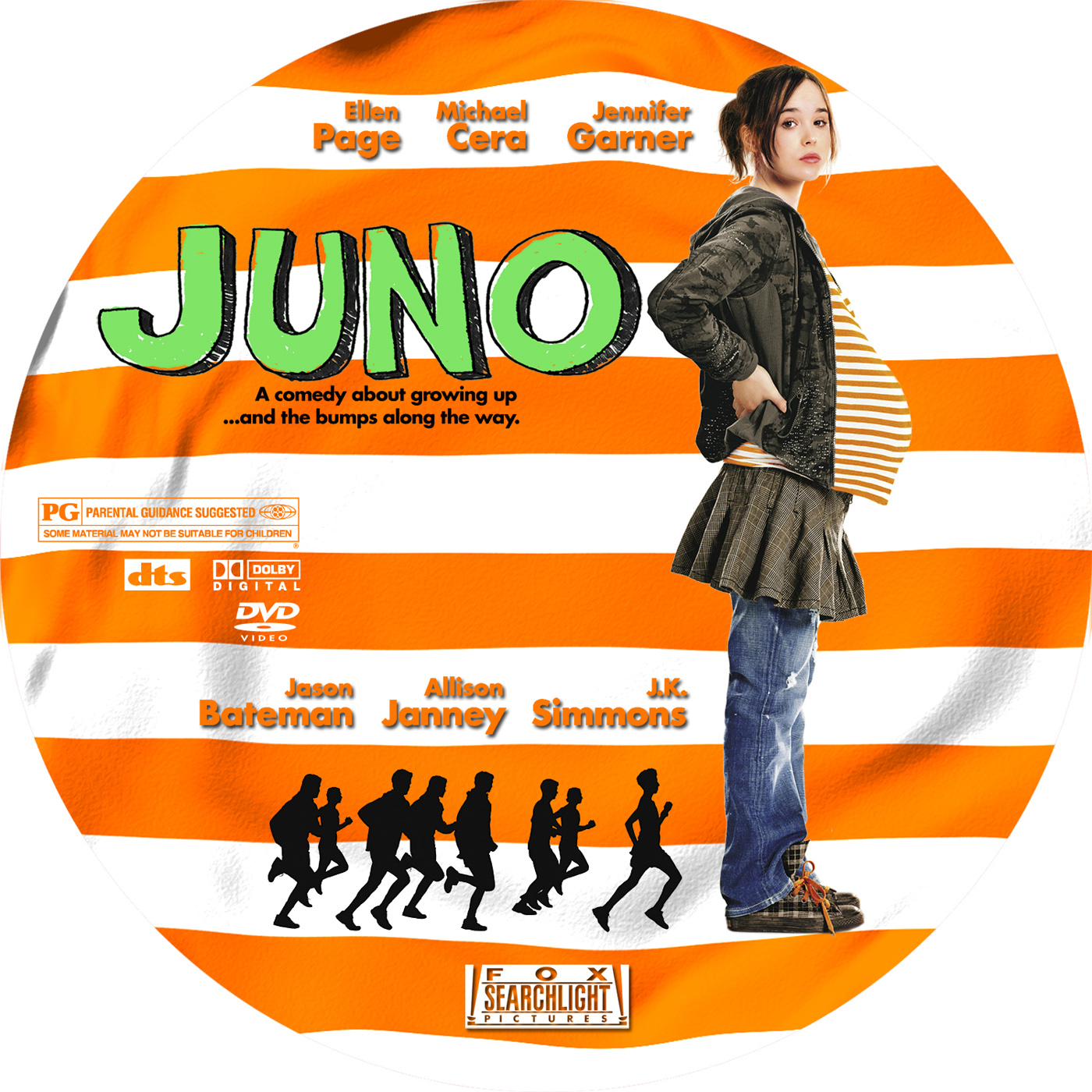How to express yourself without killing your screenwriting career
08 Friday Nov 2013
Tags
audience, character, flaw, Hollywood, inner story, inner struggle, movie, Screenwriting
HOW TO EXPRESS YOURSELF WITHOUT KILLING YOUR SCREENWRITING CAREER
There’s a phrase that’s popular among writing courses at the moment – we’re all expected to “express ourselves”. Self-expression is the thing. And it certainly is, if you want to kill your career stone dead. But you can beat the system.
Producers, agents, distributors, channel commissioners don’t give a damn about whether you’re expressing yourself. Nor, to be honest, do audiences. They care about entertainment, stimulating characters, exciting plots.
But wait – what if you actually do have something important to express? What if you didn’t just get into this business to write the next half-baked RomCom, or rip-offs of Lock, Stock and Two Smoking Barrels? How do you say something without getting thrown off the set?
Here’s the trick
There is a trick, and Hollywood discovered it decades ago.
Hollywood writers knew that you didn’t get messages across by making Misery-Film and rubbing the audience’s noses in depression. However, they certainly did make films that had meaning.
1. Isolate the most important thing you want to talk about. Maybe it’s how inequality rules the world. Or the importance of gender politics. Be very specific and disciplined – you can’t deal with every issue in a single script.
2. Look at the flaws you feel underlie the issue. Greed, say. Or prejudice.
3. Turn to your central character (or invent one) and give him or her that flaw, in spades. Or, alternatively, give her a flaw that means she has great difficulty in dealing with the issue. For example, you could make her greedy, or prejudiced. Or you could ensure that she is unable to deal with greedy people (maybe she’s low in self-esteem) or afraid of prejudiced colleagues.
4. Once you’ve created your flawed character, you need to put her in the worst possible situation for someone with that flaw – one that will bring up all her issues and force her to face them or fail.
5. Keep pushing her buttons to the end.
Inner struggle
Lincoln’s issue, in Spielberg’s movie, is slavery, and the flaw which underlies it in the film might be expressed as heartlessness and bigotry. Screenwriter Tony Kushner focuses on Lincoln’s own inner struggle – to win he has to become as heartless, though not bigoted, as his opponents. He has to be prepared to prolong the war in order to win.
By contrast, Juno’s central issue is the masculinisation of women in our society, but treated with a light, indie touch by Diablo Cody. Juno’s flaw is that she has become more masculine than the father of her child, who is almost emasculated. Becoming pregnant forces her to be a woman, like it or not. Mind vs matter.
Juno has a happy ending, Lincoln tragic (Lincoln wins his battle, but is killed). Though totally different in tone, both films take tough issues and work through them with intelligence, avoiding easy answers, but not avoiding a strong storyline and entertaining drama.
Now can you go and find your issue and your character and beat the system?
If you found this useful, check out my book Complete Screenwriting Course.



2 Comments
November 18, 2013 at 2:03 pm
Spot on. Many thanks.
November 18, 2013 at 6:21 pm
Thank you, Raymond.